| Availability: | |
|---|---|
| Quantity: | |
| Place of Origin | China | Certification | ISO 9001: 2015 ROHS REACH |
| Brand Name | Honesun | Tolerance | 0.05mm |
| Model Number | Others, customized | Working Temperature | -40℃~64℃ |
| Type | Permanent | Delivery time | 3-15days |
| Composite | soldering neodymium magnets | Package | customized |
| Shape | ring soldering neodymium magnets | Sample | Avaliable |
| Application | Industrial Magnet | Keyword | neodymium magnet |
| Processing Service | Cutting, Punching | Quality Control | ≥98% |
| Grade | N35-N52 | Packaging Details | 1:Standard air and vessel package 2:according to customers's request |
| Coating | Epoxy.Black Epoxy. Nickel.Silver.etc | Lead time (days) | To be negotiated |
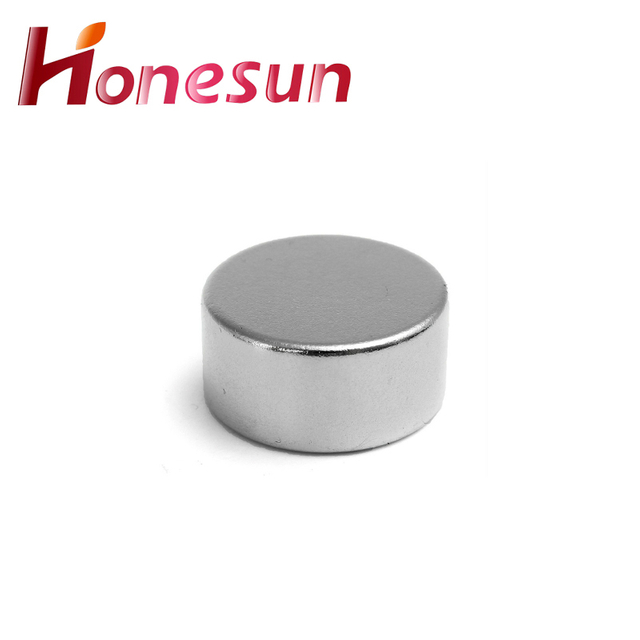
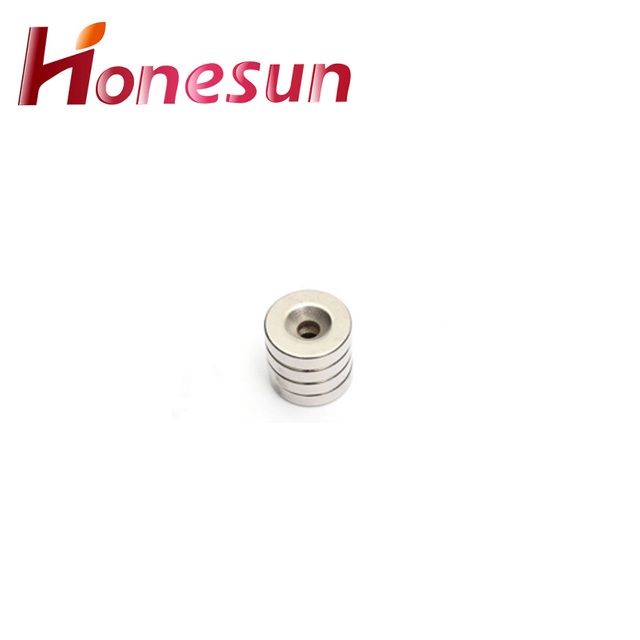
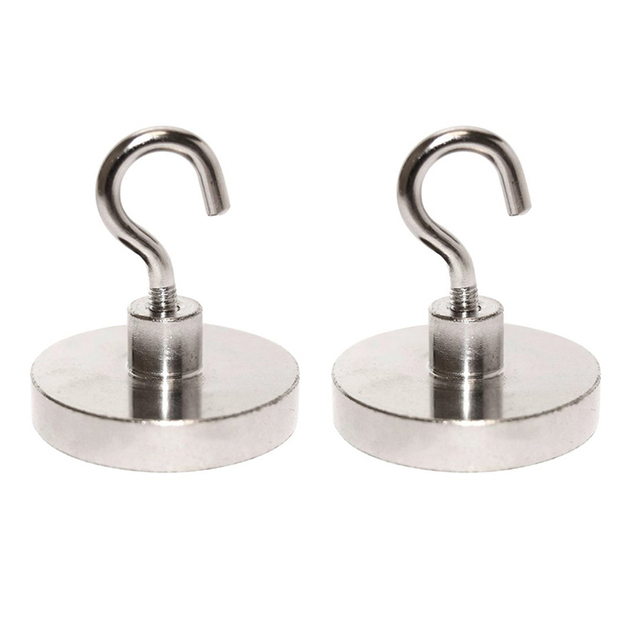
1.What are the environmental impacts of mining Neodymium for magnets?
The environmental impacts of mining neodymium for magnets can include air and water pollution, land degradation, and the destruction of habitats. Mining neodymium can also lead to the release of hazardous chemicals, such as sulfur dioxide, nitrogen oxides, and carbon dioxide, into the atmosphere. Additionally, the mining process can cause soil erosion, which can lead to the destruction of vegetation and wildlife habitats. Finally, the mining process can also lead to the release of radioactive materials, which can be hazardous to human health.
2.What role do soldering neodymium magnets play in magnetic levitation technology?
We focus on our customers' needs and strive to meet their expectations, so we take this very seriously. Neodymium magnets are used in magnetic levitation technology to create a strong magnetic field that can suspend an object in mid-air. The magnets are arranged in a specific pattern to create a stable magnetic field that can support the weight of the object. The magnets are also used to control the movement of the object, allowing it to move in a specific direction or remain stationary.
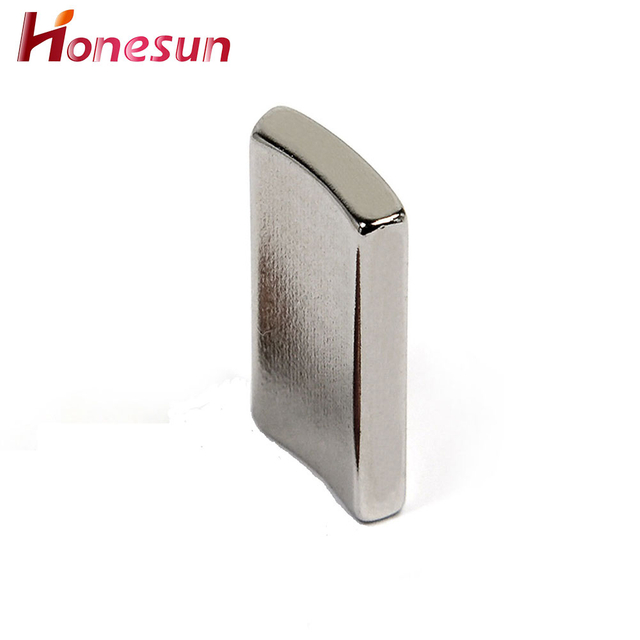
3.Can soldering neodymium magnets lose their magnetism over time?
We focus on teamwork and communication to achieve common goals, We attach great importance to this detail. Yes, neodymium magnets can lose their magnetism over time. This is due to a process called demagnetization, which occurs when the magnet is exposed to high temperatures, strong electrical currents, or other magnets.
4.What is the manufacturing process for soldering neodymium magnets?
Our soldering neodymium magnets products undergo strict quality control to ensure customer satisfaction. 1. Raw Material Preparation: Neodymium magnets are made from an alloy of neodymium, iron, and boron. The raw materials are melted together in a vacuum induction furnace to create a homogenous alloy. 2. Compacting: The molten alloy is then poured into a die and compacted under high pressure to form a solid block. 3. Sintering: The compacted block is then heated in a vacuum furnace to sinter the material, which increases its strength and magnetic properties. 4. Machining: The sintered block is then machined into the desired shape and size. 5. Magnetizing: The machined magnet is then magnetized by exposing it to a strong magnetic field. This process aligns the magnetic domains within the material, creating a permanent magnet.
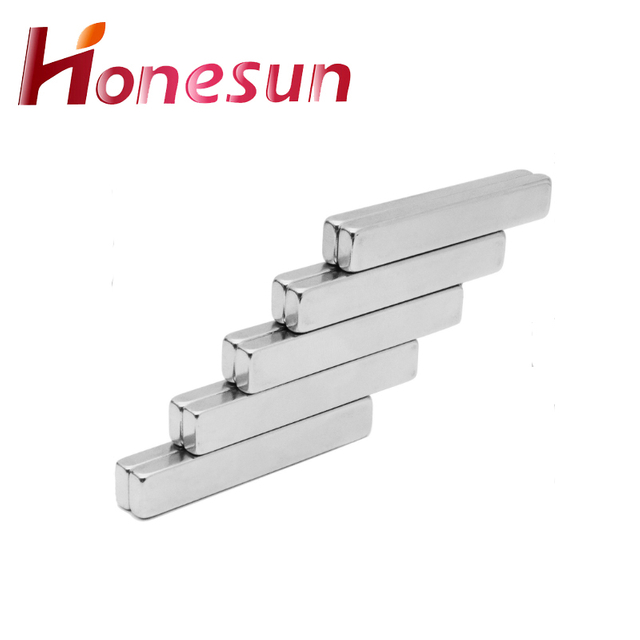
5.Are soldering neodymium magnets used in electric vehicles?
Yes, neodymium magnets are used in electric vehicles. They are used in the electric motors that power the vehicle, as well as in the batteries that store the energy. Neodymium magnets are also used in the regenerative braking systems of electric vehicles, which help to capture and store energy that would otherwise be lost as heat.
6.How do soldering neodymium magnets contribute to the aerospace industry?
Neodymium magnets are used in a variety of aerospace applications, including in electric motors, actuators, and sensors. They are also used in navigation systems, guidance systems, and propulsion systems. Neodymium magnets are highly resistant to corrosion and can withstand extreme temperatures, making them ideal for use in aerospace applications. Additionally, their high magnetic strength makes them ideal for use in motors and actuators, allowing for more efficient operation and greater power output.

7.What advancements are being made in the recycling of soldering neodymium magnets?
Recent advancements in the recycling of neodymium magnets include the development of new technologies that allow for the separation of neodymium from other metals in the magnet, such as iron and cobalt. This allows for the recovery of the neodymium for reuse in new magnets. Additionally, new methods of recycling neodymium magnets have been developed that involve crushing the magnets into a powder and then separating the neodymium from the other metals. This powder can then be used to create new magnets.
8.Are there any restrictions on the production or use of soldering neodymium magnets?
Yes, there are restrictions on the production and use of neodymium magnets. Neodymium magnets are subject to the European Union's Restriction of Hazardous Substances (RoHS) directive, which restricts the use of certain hazardous materials in electrical and electronic equipment. Additionally, neodymium magnets are subject to the International Maritime Organization's (IMO) International Maritime Dangerous Goods (IMDG) Code, which regulates the transport of hazardous materials by sea. Finally, neodymium magnets are subject to the United Nations' International Atomic Energy Agency (IAEA) regulations, which regulate the use of radioactive materials.

9.Are there any potential hazards associated with soldering neodymium magnets?
We maintain a certain amount of R&D investment every year and continuously improve operational efficiency to provide better services to our cooperative customers. Yes, there are potential hazards associated with neodymium magnets. They can be very powerful and can cause serious injury if swallowed. They can also pinch fingers and other body parts if two magnets are brought together too quickly. Additionally, neodymium magnets can interfere with pacemakers and other medical devices, and can damage electronic equipment if placed too close.
10.About the development history of soldering neodymium magnets factory
Neodymium magnets were first developed in the early 1980s by General Motors and Sumitomo Special Metals. The magnets were made from an alloy of neodymium, iron, and boron. This alloy was found to be much stronger than traditional ferrite magnets, and could be used to create much smaller and more powerful magnets. Since then, neodymium magnets have become increasingly popular and are now used in a wide variety of applications, from consumer electronics to industrial machinery. The development of neodymium magnets has also led to the development of specialized factories that produce these magnets. These factories use a variety of processes to create the magnets, including sintering, hot pressing, and injection molding. The magnets are then tested for quality and strength before being shipped to customers.
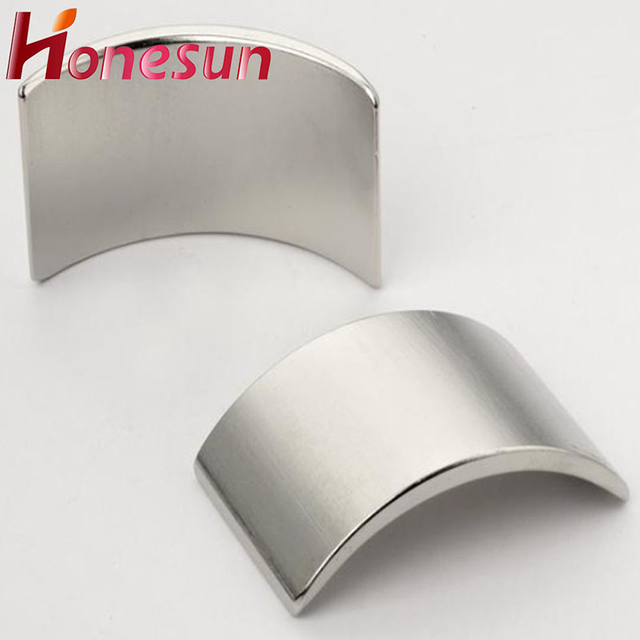
11.Are soldering neodymium magnets affected by external magnetic fields?
We adhere to the principle of quality first and have a complete production quality management system and quality inspection process. Yes, neodymium magnets can be affected by external magnetic fields. They can be attracted to or repelled by other magnets, and their magnetic fields can be weakened or strengthened by other magnetic fields.
12.What is the lifespan of soldering neodymium magnets?
As one of the soldering neodymium magnets market leaders, we are known for innovation and reliability. The lifespan of neodymium magnets depends on the environment they are in and how they are used. Generally, neodymium magnets can last for decades if they are not exposed to extreme temperatures or corrosive materials.
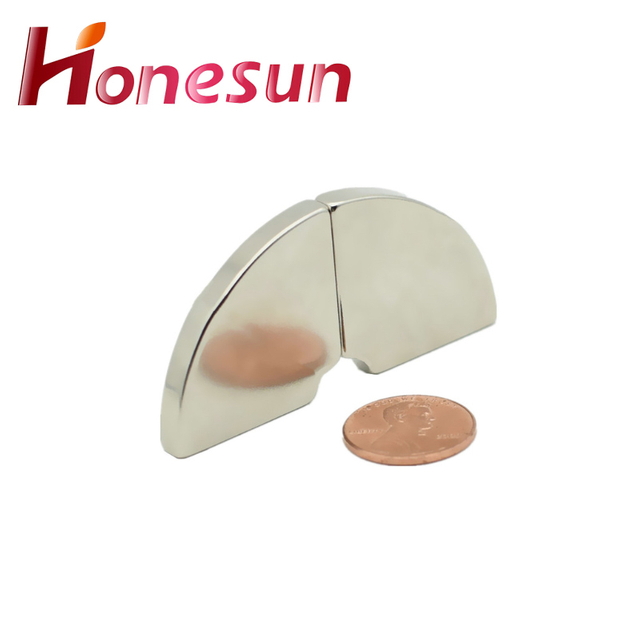
13.How do soldering neodymium magnets contribute to the transportation industry?
Neodymium magnets are used in a variety of transportation applications, including electric motors, generators, and brakes. They are used in electric vehicles to help reduce the weight of the vehicle and improve its efficiency. They are also used in hybrid and electric vehicles to help reduce the amount of energy needed to power the vehicle. Additionally, neodymium magnets are used in magnetic levitation trains, which use magnetic fields to lift and propel the train.
14.How do soldering neodymium magnets contribute to consumer electronics?
Neodymium magnets are used in a variety of consumer electronics, including headphones, speakers, hard drives, and electric motors. They are used to create strong magnetic fields that can be used to generate sound, store data, and power motors. Neodymium magnets are also used in the production of rechargeable batteries, as they can help to increase the efficiency of the charging process.
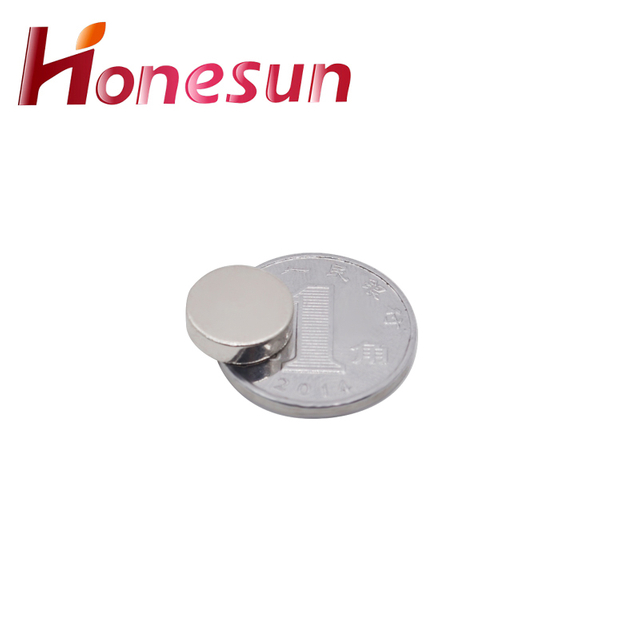
15.How do you prevent soldering neodymium magnets from corroding?
We continuously upgrade our skills and knowledge to adapt to changing soldering neodymium magnets market needs. Neodymium magnets can be protected from corrosion by coating them with a thin layer of oil, wax, or lacquer. Additionally, they can be stored in a dry, low-humidity environment.
| Place of Origin | China | Certification | ISO 9001: 2015 ROHS REACH |
| Brand Name | Honesun | Tolerance | 0.05mm |
| Model Number | Others, customized | Working Temperature | -40℃~64℃ |
| Type | Permanent | Delivery time | 3-15days |
| Composite | soldering neodymium magnets | Package | customized |
| Shape | ring soldering neodymium magnets | Sample | Avaliable |
| Application | Industrial Magnet | Keyword | neodymium magnet |
| Processing Service | Cutting, Punching | Quality Control | ≥98% |
| Grade | N35-N52 | Packaging Details | 1:Standard air and vessel package 2:according to customers's request |
| Coating | Epoxy.Black Epoxy. Nickel.Silver.etc | Lead time (days) | To be negotiated |



1.What are the environmental impacts of mining Neodymium for magnets?
The environmental impacts of mining neodymium for magnets can include air and water pollution, land degradation, and the destruction of habitats. Mining neodymium can also lead to the release of hazardous chemicals, such as sulfur dioxide, nitrogen oxides, and carbon dioxide, into the atmosphere. Additionally, the mining process can cause soil erosion, which can lead to the destruction of vegetation and wildlife habitats. Finally, the mining process can also lead to the release of radioactive materials, which can be hazardous to human health.
2.What role do soldering neodymium magnets play in magnetic levitation technology?
We focus on our customers' needs and strive to meet their expectations, so we take this very seriously. Neodymium magnets are used in magnetic levitation technology to create a strong magnetic field that can suspend an object in mid-air. The magnets are arranged in a specific pattern to create a stable magnetic field that can support the weight of the object. The magnets are also used to control the movement of the object, allowing it to move in a specific direction or remain stationary.

3.Can soldering neodymium magnets lose their magnetism over time?
We focus on teamwork and communication to achieve common goals, We attach great importance to this detail. Yes, neodymium magnets can lose their magnetism over time. This is due to a process called demagnetization, which occurs when the magnet is exposed to high temperatures, strong electrical currents, or other magnets.
4.What is the manufacturing process for soldering neodymium magnets?
Our soldering neodymium magnets products undergo strict quality control to ensure customer satisfaction. 1. Raw Material Preparation: Neodymium magnets are made from an alloy of neodymium, iron, and boron. The raw materials are melted together in a vacuum induction furnace to create a homogenous alloy. 2. Compacting: The molten alloy is then poured into a die and compacted under high pressure to form a solid block. 3. Sintering: The compacted block is then heated in a vacuum furnace to sinter the material, which increases its strength and magnetic properties. 4. Machining: The sintered block is then machined into the desired shape and size. 5. Magnetizing: The machined magnet is then magnetized by exposing it to a strong magnetic field. This process aligns the magnetic domains within the material, creating a permanent magnet.

5.Are soldering neodymium magnets used in electric vehicles?
Yes, neodymium magnets are used in electric vehicles. They are used in the electric motors that power the vehicle, as well as in the batteries that store the energy. Neodymium magnets are also used in the regenerative braking systems of electric vehicles, which help to capture and store energy that would otherwise be lost as heat.
6.How do soldering neodymium magnets contribute to the aerospace industry?
Neodymium magnets are used in a variety of aerospace applications, including in electric motors, actuators, and sensors. They are also used in navigation systems, guidance systems, and propulsion systems. Neodymium magnets are highly resistant to corrosion and can withstand extreme temperatures, making them ideal for use in aerospace applications. Additionally, their high magnetic strength makes them ideal for use in motors and actuators, allowing for more efficient operation and greater power output.

7.What advancements are being made in the recycling of soldering neodymium magnets?
Recent advancements in the recycling of neodymium magnets include the development of new technologies that allow for the separation of neodymium from other metals in the magnet, such as iron and cobalt. This allows for the recovery of the neodymium for reuse in new magnets. Additionally, new methods of recycling neodymium magnets have been developed that involve crushing the magnets into a powder and then separating the neodymium from the other metals. This powder can then be used to create new magnets.
8.Are there any restrictions on the production or use of soldering neodymium magnets?
Yes, there are restrictions on the production and use of neodymium magnets. Neodymium magnets are subject to the European Union's Restriction of Hazardous Substances (RoHS) directive, which restricts the use of certain hazardous materials in electrical and electronic equipment. Additionally, neodymium magnets are subject to the International Maritime Organization's (IMO) International Maritime Dangerous Goods (IMDG) Code, which regulates the transport of hazardous materials by sea. Finally, neodymium magnets are subject to the United Nations' International Atomic Energy Agency (IAEA) regulations, which regulate the use of radioactive materials.

9.Are there any potential hazards associated with soldering neodymium magnets?
We maintain a certain amount of R&D investment every year and continuously improve operational efficiency to provide better services to our cooperative customers. Yes, there are potential hazards associated with neodymium magnets. They can be very powerful and can cause serious injury if swallowed. They can also pinch fingers and other body parts if two magnets are brought together too quickly. Additionally, neodymium magnets can interfere with pacemakers and other medical devices, and can damage electronic equipment if placed too close.
10.About the development history of soldering neodymium magnets factory
Neodymium magnets were first developed in the early 1980s by General Motors and Sumitomo Special Metals. The magnets were made from an alloy of neodymium, iron, and boron. This alloy was found to be much stronger than traditional ferrite magnets, and could be used to create much smaller and more powerful magnets. Since then, neodymium magnets have become increasingly popular and are now used in a wide variety of applications, from consumer electronics to industrial machinery. The development of neodymium magnets has also led to the development of specialized factories that produce these magnets. These factories use a variety of processes to create the magnets, including sintering, hot pressing, and injection molding. The magnets are then tested for quality and strength before being shipped to customers.

11.Are soldering neodymium magnets affected by external magnetic fields?
We adhere to the principle of quality first and have a complete production quality management system and quality inspection process. Yes, neodymium magnets can be affected by external magnetic fields. They can be attracted to or repelled by other magnets, and their magnetic fields can be weakened or strengthened by other magnetic fields.
12.What is the lifespan of soldering neodymium magnets?
As one of the soldering neodymium magnets market leaders, we are known for innovation and reliability. The lifespan of neodymium magnets depends on the environment they are in and how they are used. Generally, neodymium magnets can last for decades if they are not exposed to extreme temperatures or corrosive materials.

13.How do soldering neodymium magnets contribute to the transportation industry?
Neodymium magnets are used in a variety of transportation applications, including electric motors, generators, and brakes. They are used in electric vehicles to help reduce the weight of the vehicle and improve its efficiency. They are also used in hybrid and electric vehicles to help reduce the amount of energy needed to power the vehicle. Additionally, neodymium magnets are used in magnetic levitation trains, which use magnetic fields to lift and propel the train.
14.How do soldering neodymium magnets contribute to consumer electronics?
Neodymium magnets are used in a variety of consumer electronics, including headphones, speakers, hard drives, and electric motors. They are used to create strong magnetic fields that can be used to generate sound, store data, and power motors. Neodymium magnets are also used in the production of rechargeable batteries, as they can help to increase the efficiency of the charging process.

15.How do you prevent soldering neodymium magnets from corroding?
We continuously upgrade our skills and knowledge to adapt to changing soldering neodymium magnets market needs. Neodymium magnets can be protected from corrosion by coating them with a thin layer of oil, wax, or lacquer. Additionally, they can be stored in a dry, low-humidity environment.
Honesun Industrial Co., Ltd. focuses on designing, researching, developing, manufacturing and selling Magnets and Magnetic Assemblies. With more than 15 years' rich experience and considerate services.we have been recognized as a reliable.



